Ross Douthat's 6 favorite books on religion
The New York Times columnist recommends works by T.S. Eliot, Joseph Bottum, and more
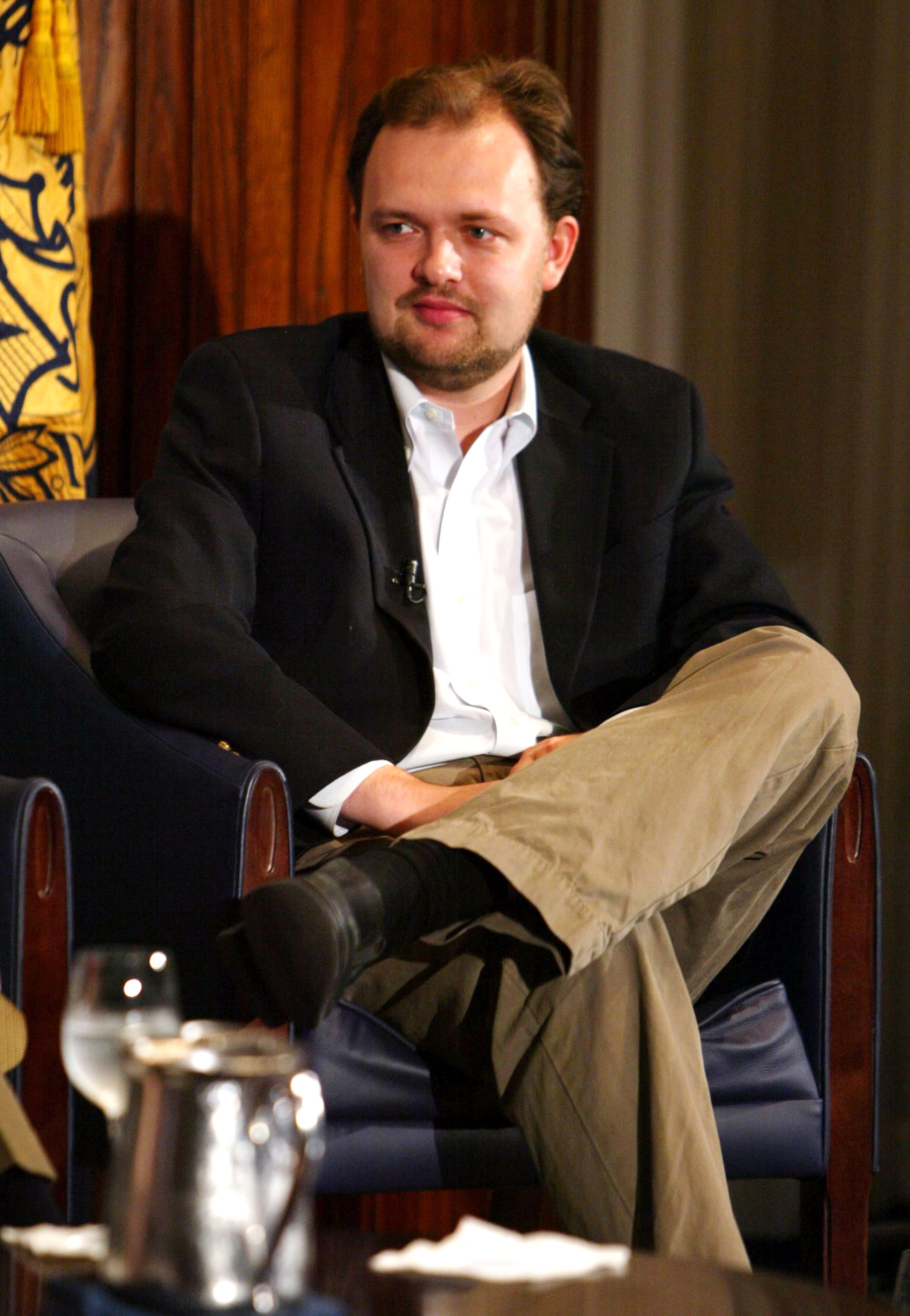
A free daily email with the biggest news stories of the day – and the best features from TheWeek.com
You are now subscribed
Your newsletter sign-up was successful
When you make a purchase through links on our site, we may earn a commission
In To Change the Church, his new book, Ross Douthat argues that Pope Francis' reform efforts threaten to destroy Catholic unity and weaken the West. Below, the New York Times columnist names six of his favorite books on religion.
American Grace by Robert Putnam and David Campbell (Simon & Schuster, $20).
The Week
Escape your echo chamber. Get the facts behind the news, plus analysis from multiple perspectives.

Sign up for The Week's Free Newsletters
From our morning news briefing to a weekly Good News Newsletter, get the best of The Week delivered directly to your inbox.
From our morning news briefing to a weekly Good News Newsletter, get the best of The Week delivered directly to your inbox.
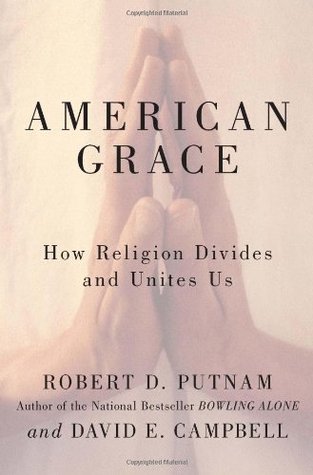
In their deeply researched sociological portrait of the role religious practice and community plays in American life, Putnam and Campbell put particular focus on major changes since the 1960s. They see religion as a glue for communities rather than a source of division, and they make a strong implicit case that a more secular America will not necessarily be a happier one.
An Anxious Age by Joseph Bottum (Image, $25).
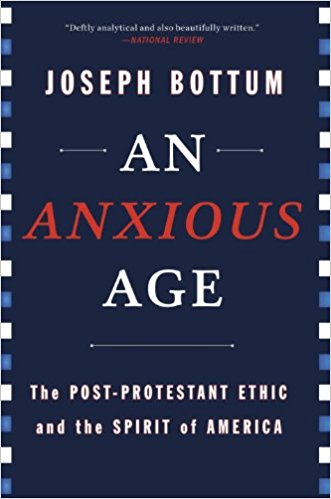
Bottum's 2014 book is a literary and ruminative treatment of perhaps the most important American religious development of the past 50 years: the sudden and unexpected collapse of mainline Protestantism — for 200 years our de facto national church. Bottum also examines how other churches have failed to fill the void.
American Evangelicalism by Christian Smith (Univ. of Chicago, $28).
A free daily email with the biggest news stories of the day – and the best features from TheWeek.com
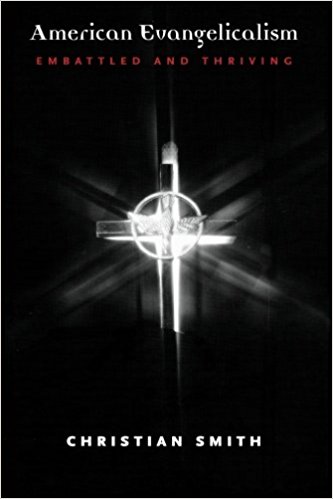
Though written almost 20 years ago, long before the age of Trump, this book remains the best treatment of evangelicalism's distinctive position in American life. Smith illuminates how evangelicalism is at once deeply American and intensely countercultural, and how it draws unique strength from its love-hate relationship with its own country.
Religion by Leszek Kolakowski (St. Augustine's, $18).
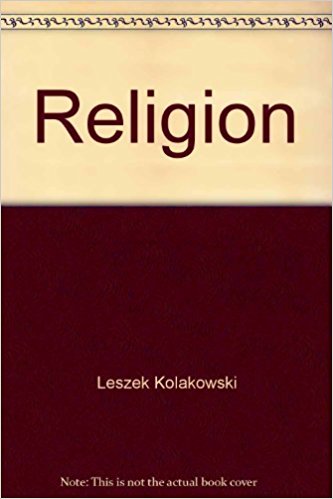
In this small masterpiece, a great Polish philosopher offers a short exploration of the major dilemmas in religious thought: the problem of evil, the tension between mysticism and morality, the question of faith's compatibility with reason. Written from a perspective friendly to religion but also skeptical and searching, it's a great introduction to the philosophy of religion.
The Everlasting Man by G.K. Chesterton (Dover, $11).
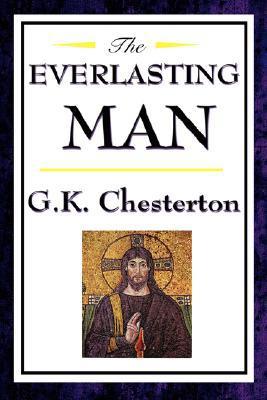
Chesterton's somewhat loosey-goosey outline of history doubles as the best modern argument for Christianity I've ever read. You have to give in to the Chestertonian style, but if you do, be careful — you might just be converted.
Four Quartets by T.S. Eliot (Harvest, $10).
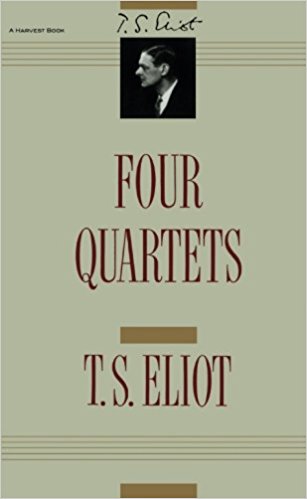
This is a poetic counterpart to Chesterton's prose. Eliot's verse makes no argument, but distills the religious impulse and his own Christian hope to eloquent perfection.
-
 The Olympic timekeepers keeping the Games on track
The Olympic timekeepers keeping the Games on trackUnder the Radar Swiss watchmaking giant Omega has been at the finish line of every Olympic Games for nearly 100 years
-
 Will increasing tensions with Iran boil over into war?
Will increasing tensions with Iran boil over into war?Today’s Big Question President Donald Trump has recently been threatening the country
-
 Corruption: The spy sheikh and the president
Corruption: The spy sheikh and the presidentFeature Trump is at the center of another scandal